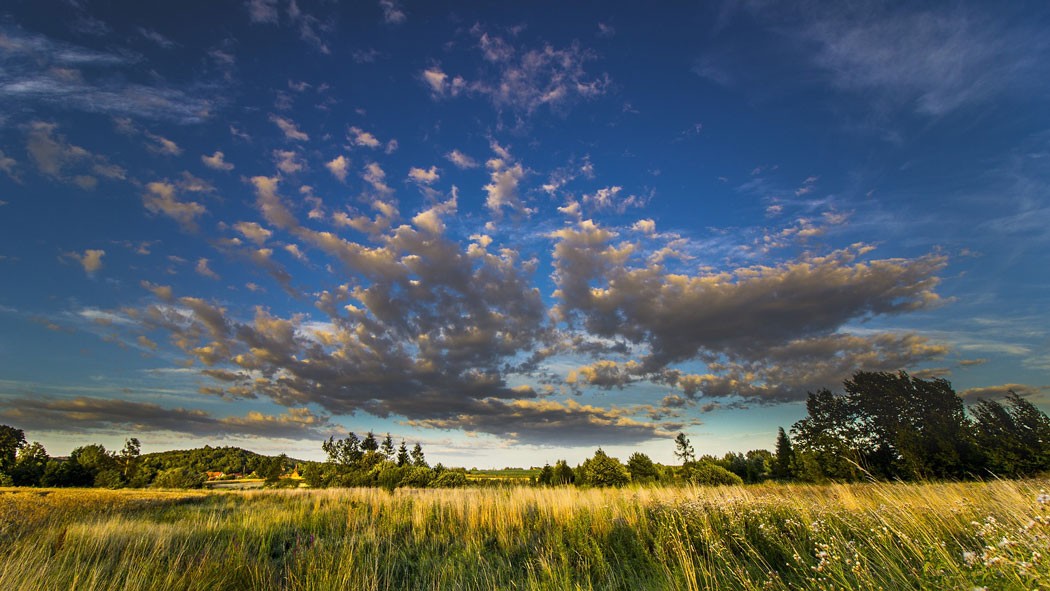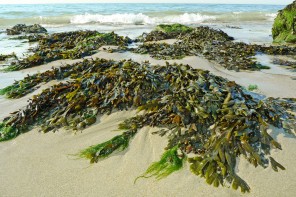By now you’ve heard about how global warming has many negative effects on the land, such as by making crops suffer. This not only inhibits production on farms but also affects our lives, such as in the form of food shortages. But now a new study shows that the problems don’t end there.
Global Warming Affects Farmers
Scientists have found that when the temperature gets hotter, this affects decisions farmers make. Since they know that crops are going to suffer in the heat, they might choose not to plant as many as they used to. The problem is that this decision can actually affect crop yields more than the global warming would have to begin with!
What 1° Increase in Temperature Can Do
When scientists looked at NASA satellite images of maize and soybean crops in Brazil between the years of 2002 and 2008, they discovered that when the temperature increased by just one degree this decreased production by up to 13 percent.
In fact, this one-degree increase in temperature also causes farmers to change their practices, such as by using a smaller amount of land during production and avoiding the use of double crops – this is when two crops are simultaneously sown to increase the amount of produce they yield at harvesting time. These decisions, coupled with the one-degree increase in temperature, causes approximately 70 percent less food production.
When the temperature increased by just one degree this decreased production by up to 13 percent
Global Warming Requires Change
Farmers are encouraged to adapt to global warming. This is not only the case when it comes to farms and crops, but also grasslands. Another study found that an interesting result of global warming is that grasslands in the prairies of the U.S. and southern Canada could actually become more productive due to the hotter temperatures. However, this would happen during the spring and fall seasons, with mid-summer being less productive. Farmers will therefore have to tweak their practices in order to reap the benefits.
Although it’s frightening to think that what seems like a measly one-degree increase in temperature can have such a powerful effect on our land and food, research is hopeful. It gives scientists a chance to try to see what is happening on farms and understand the climate as well as economical and sociological consequences of global warming.









